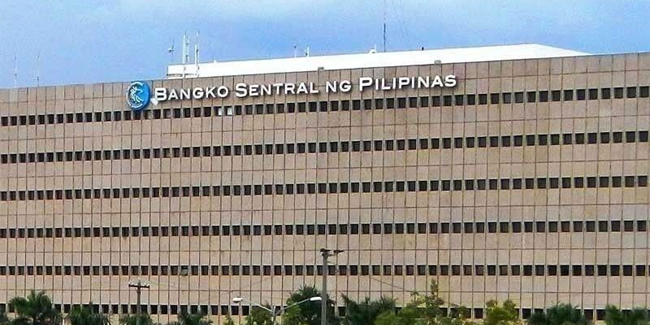BSP told banks to clamp down on digital vote selling and vote buying.
BSP — The Bangko Sentral ng Pilipinas told banks and financial institutions to clamp down on digital vote selling and vote buying ahead of the 2022 elections.

The central bank has strongly called for the adoption of enhanced surveillance and monitoring measures in order to prevent the misuse of the financial system as a conduit for illegal activity during the 2022 elections.
According to BSP Deputy Governor Chuchi Fonacier, financial institutions and banks should re-assess their existing controls in detecting or preventing the possible massive influx of fraudulent accounts and transactions in view of the recent warnings from the Philippine National Police (PNP) and the Commission on Election (COMELEC) regarding the possibility of vote buying or vote selling via digital means in relation to the 2022 elections.
In order to mitigate the heightened risk of the possible use or misuse of digital channels in vote selling or vote buying activities, Fonacier said that BSFIs (BSP-supervised financial institutions) should institute necessary enhancements and remedial measures to ensure that appropriate customer onboarding processes and effective fraud management system (FMS) were in place.
Likewise, Fonacier said that BSFIs should make sure that their current account and transaction monitoring capabilities were commensurate to respond against the fraudulent activities.
“At the minimum, BSFIs should consider the following possible scenarios in calibrating their FMS and account, and transaction monitoring rules or parameters,” Fonacier said.
READ ALSO: BSP Calls For More Sustainable Financing, Economy In 2022
Under Memorandum 2021 – 074, the central bank said that BSFIs should concentrate a significant number of account registrations in the area or locality where there’s rampant vote selling or vote buying and should be on the lookout for large cash transactions during the election period.
According to Fonacier, financial institutions and banks should be vigilant against unusual transaction flows between accounts — including the velocity and frequency of transactions such as one-to-many and many-to-one schemes, as well as unusual volume and value in cash-out or cash-in channels.
Fonacier also said that BSFIs should submit suspicious transaction reports (STR) to the AMLC (Anti-Money Laundering Council) after due investigation of complex, unusually large transactions, unusual patterns of transactions with no underlying legal or trade obligation, purpose or economic justification, or the amount involved wasn’t commensurate with the business or financial profile of the client, and other transactions that may be considered suspicious.
For more news and updates, you may feel free to visit this site more often. You may also visit Newspapers.ph via our official Facebook page and YouTube channel.
